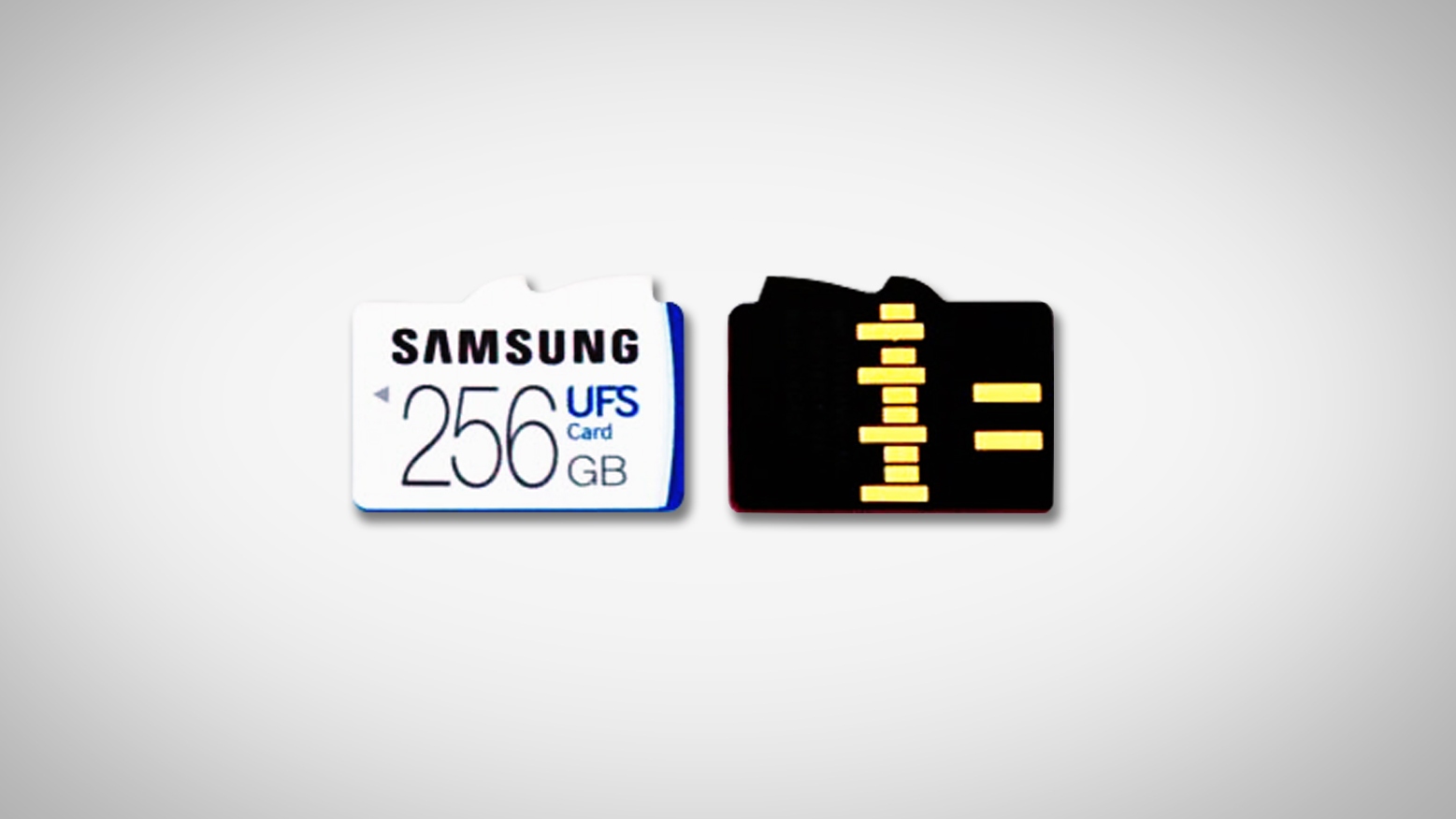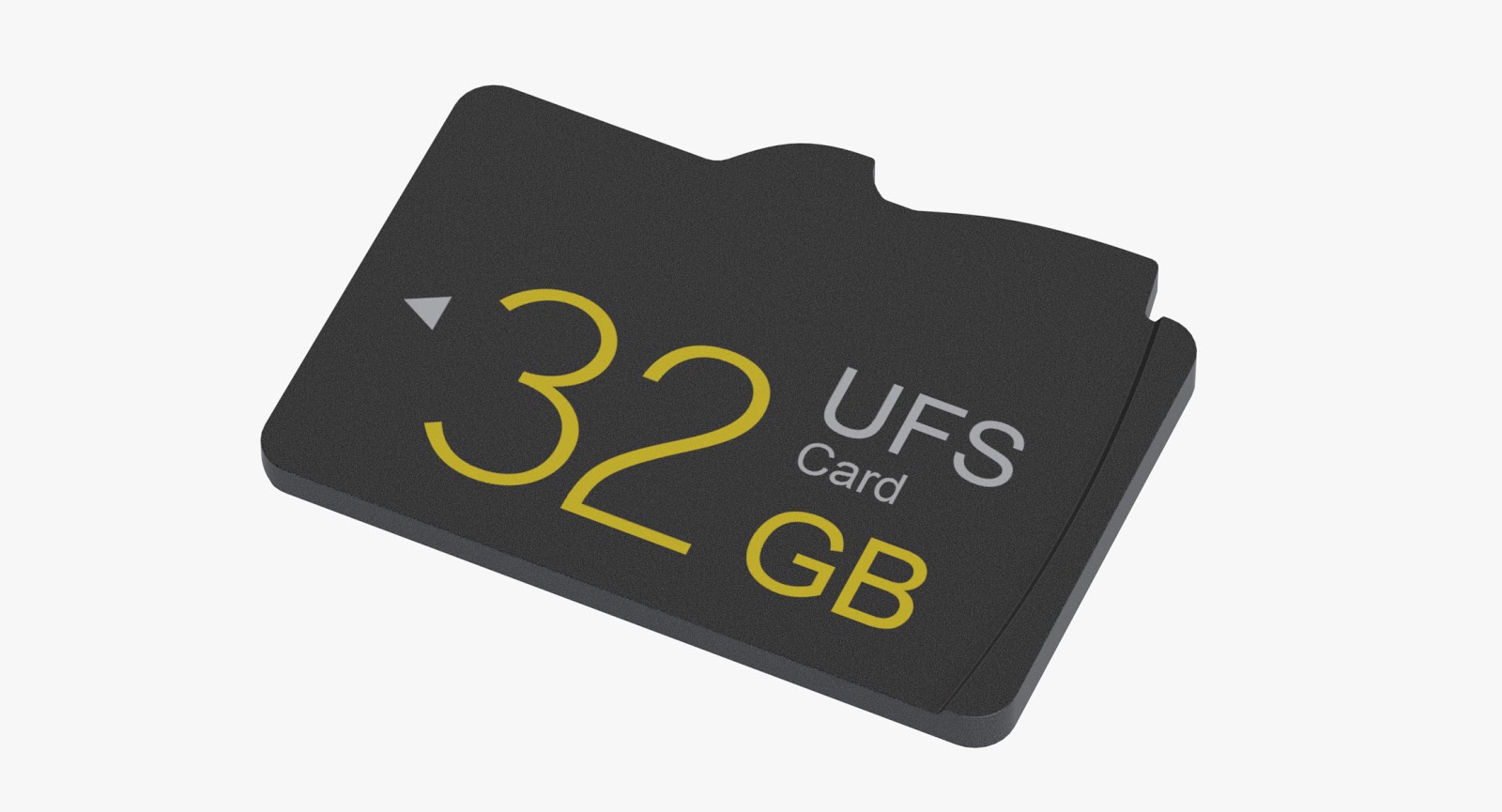Affiliate links on Android Authority may earn us a commission. Learn more.
Samsung talks up faster UFS memory

After switching over from eMMC to UFS memory in its flagship smartphones last year, Samsung is now sketching out how it sees the future of memory in smartphones and IoT devices. Ever faster data speeds, 8K cameras, and virtual reality were just some of the tantalising benefits listed off.
Speaking at the Mobile & IoT 2016 Forum held in Seoul, Cho Hee-chang, a senior research fellow at the Memory Business Division at Samsung Electronics, explained that the 1.2GBps transfer speeds of UFS 2.0 and 2.1 are expected to leap to 2.4GBps in the first half of 2018. Samsung’s current 256GB UFS memory modules boast a speed of 850MBps, so we’re looking at an even greater speed increase in the next couple of years.
Cho expects that there will be 50 billion connected devices online come 2020, and that a growing number of them will make use of this faster storage technology. 4K and 8K camera equipped drones and the rise of VR devices were given as some potential growth areas outside of smartphones where Samsung expects to see UFS memory take off. Of course, we’re likely to see UFS trickle down to Samsug’s mid-range smartphones in the coming years too.

Along with internal memory chips, Samsung recently unveiled its UFS external memory cards, which boast similarly impressive data speeds. The company also announced that it has developed a new memory card tray that works with upcoming UFS cards and existing microSD cards. Samsung is clearly convinced that UFS memory is going to be at the heart of future consumer electronics, and I’m sure that we’ll see more manufacturers begin to make use of it in the future.